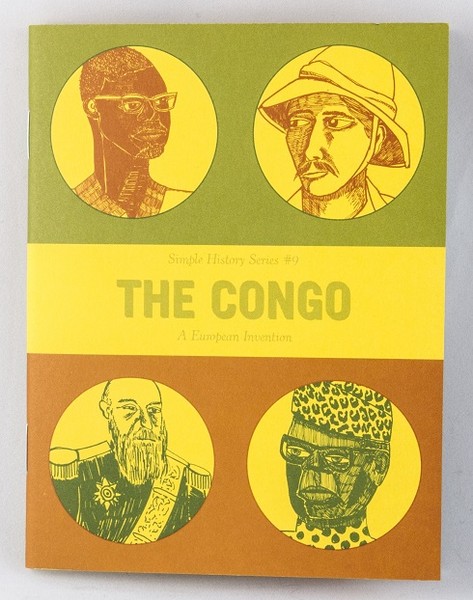
The Congo
by John Gerlach Author
The story of the Congo is the story of imperialism, foreign governments drawing boundaries and associating disparate tribes, resources being mined and profiting the rich and powerful, racism, fears and stories of cannibalism, civil wars, a series of corrupt foreign and domestic leaders, and no end in sight. Once thought of as “The Dark Continent,” Sub-Saharan Africa has a long and dreary road ahead to take back their own resources and construct a positive path towards the future. This is the tale of how the war-ravaged Congo never stood a chance at forming its own democracy or nationalizing wealth produced within its borders. The Simple History Series is an ongoing set of digestible bits and stories told the way they are often not taught in school.
Epilogue: Leopold hired a man to give his deeds in The Congo a positive public image. When personal relations between them went sour, the publicist sold their correspondence to Randolph Hearst, showing the actual deeds of Leopold in The Congo and the resulting generations of atrocities that unfolded there.
You must log in to comment.
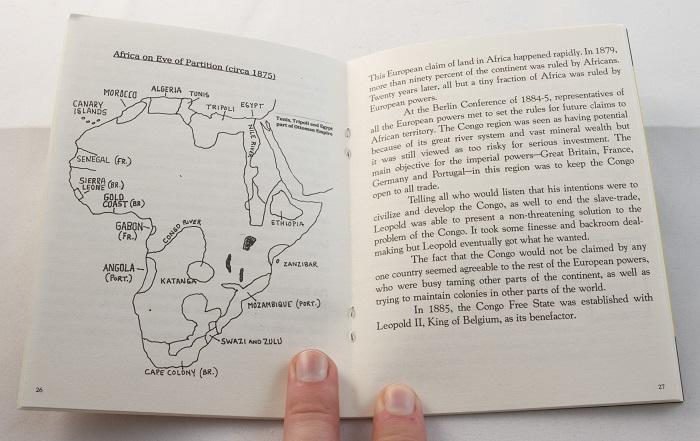
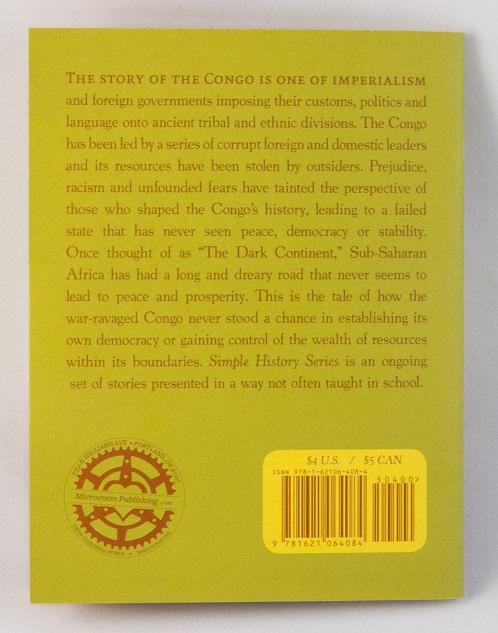
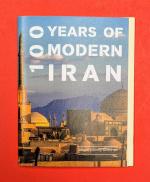


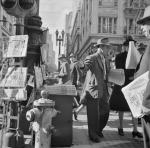

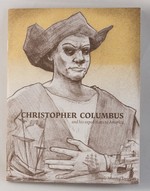
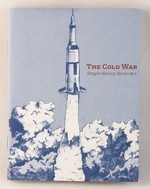
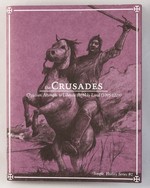
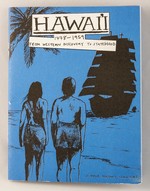
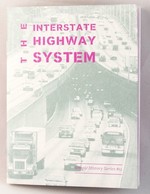

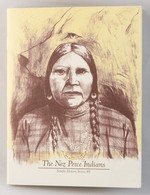

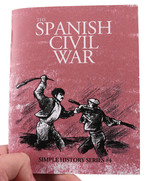


Comments & Reviews
The Congo is a massive area in Africa, roughly the size of the United States east of the Mississippi, and is somewhat mysterious to us Westerners. Even more confusing is that there are two "Congos." However, this book refers to the "Belgian Congo," or the Democratic Republic of Congo. Currently, my son is studying Africa in his sixth grade history class. With a cursory glance at his homework, I noticed his curriculum focuses more on memorizing the names of the countries in Africa and their capitols. Of course, the why's and how's of Africa, the continent, are far more complicated than memorizing forty-seven countries and the horrible atrocities inflicted on their people. The Congo is an attempt to tell the story of the Congo from perspective different than the European viewpoint. In 1482, ships from Europe arrived at the mouth of the Congo River. For the next three hundred years, European settlers barely scraped by, dying of malaria and other diseases. In the early 1800s, British explorers ventured up the Congo River and began exporting many natural resources, such as palm oil, ivory, and copper. In the later 1870s, Britain was building roads deeper into the Congo and the rest of the European began to set claims upon Africa. This is the Africa we were taught in school: huge swaths of land carved up and given names by Europeans. The stories of men and women, stolen from Africa and used as slaves are horrible: there is no part of Africa that hasn't been seen as a resource for Europeans and their colonies. In 1960, Belgium "gave" full independence to the Congo and for the next ten years, the Congo disintegrated into civil war. Wrought by AIDS and corruption, the next thirty years proved to be even more difficult for the Congolese people. Currently, the entire region is unstable and natural resources from one of the most resource-rich continents on the planet are mined and harvested from some of the poorest people on the planet. The Congo is a difficult book, but could serve as an alternative or a supplement to history books in classrooms everywhere.